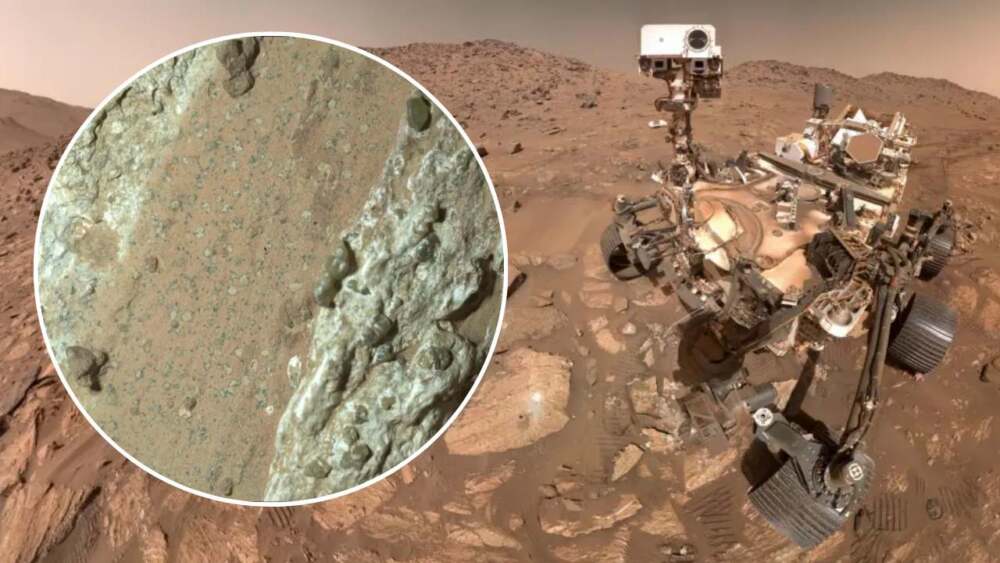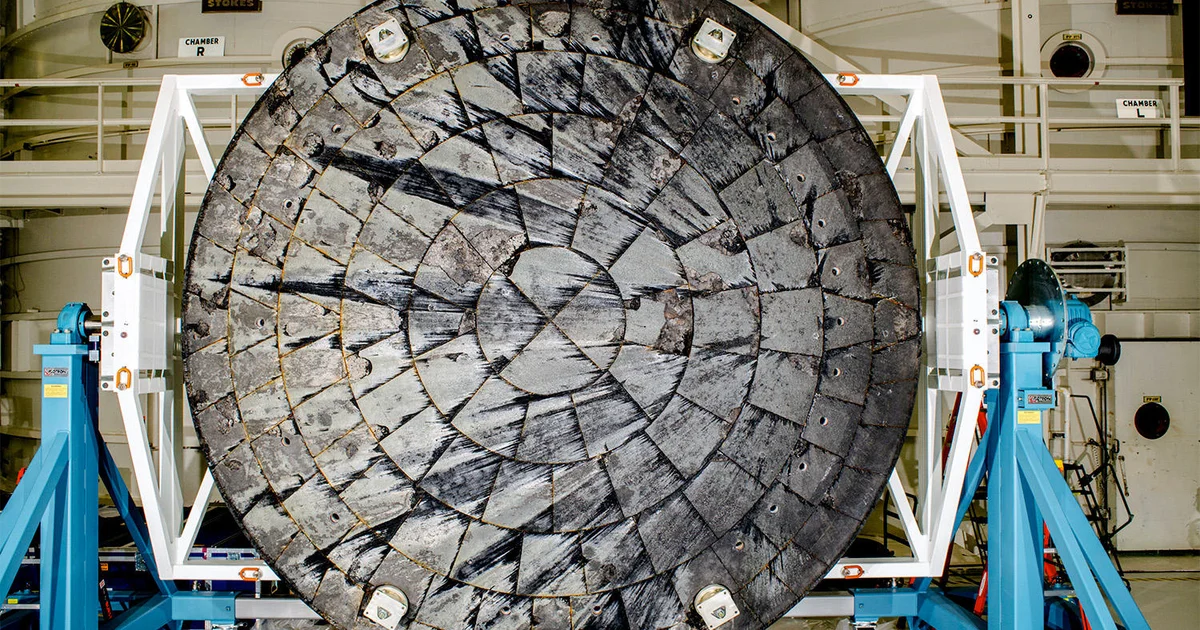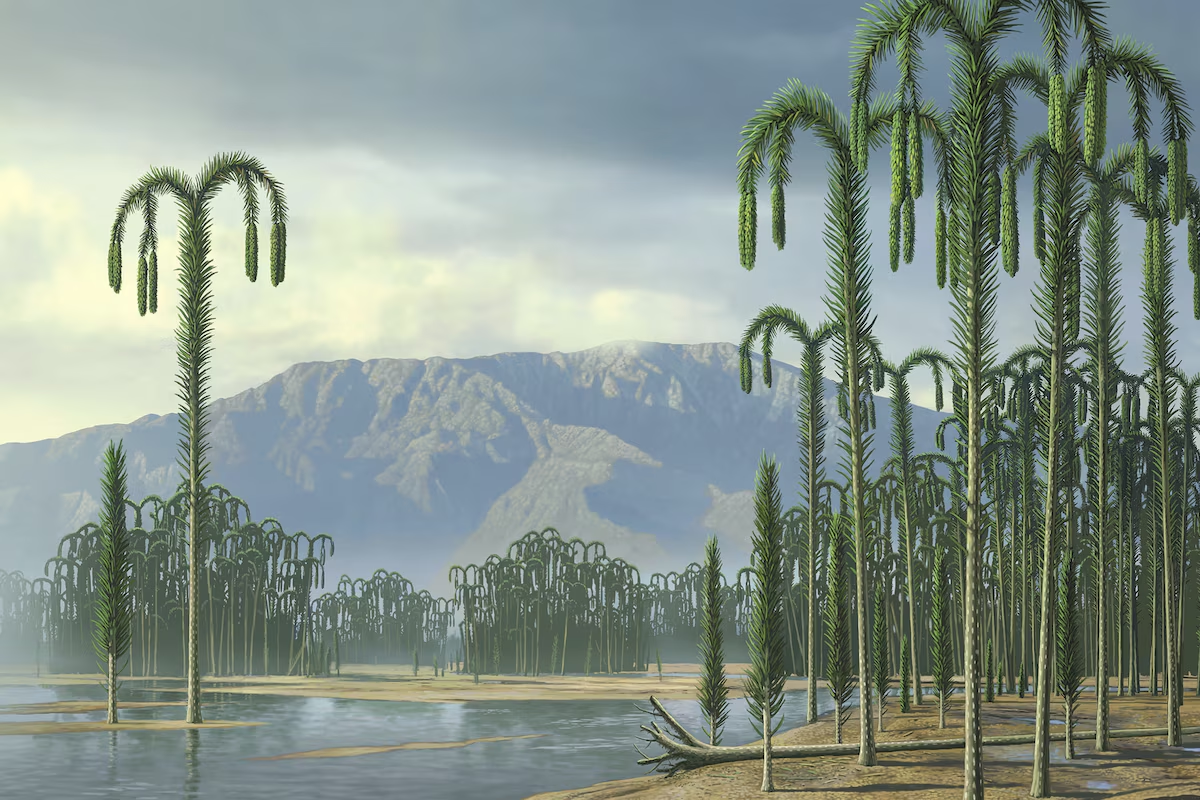NASA’s Perseverance rover has made a groundbreaking discovery in the search for extraterrestrial life. A rock sample collected from Mars’ Jezero Crater may contain the clearest signs of ancient microbial life ever found on the Red Planet.
The Discovery
The rock, nicknamed “Cheyava Falls,” was retrieved from a formation known as the Bright Angel, located near Neretva Vallis—a region shaped by ancient river activity. This area is believed to have been a lakebed billions of years ago, providing a potentially habitable environment for microbes.
Analysis of the sample revealed unusual mineral formations, including ring-shaped structures and dark specks resembling “leopard spots.” These features are enriched with iron phosphate and iron sulfide, minerals on Earth typically associated with microbial activity in water-rich, oxygen-poor environments.
Significance of the Findings
NASA scientists describe this discovery as the closest humans have come to finding life on Mars. While the presence of these minerals does not confirm past life, their similarity to biologically influenced structures on Earth makes them compelling candidates for biosignatures.
Lead study author Joel Hurowitz emphasized that further analysis, ideally with Martian samples returned to Earth, will be necessary to confirm whether these signs indicate ancient life.
Challenges and Future Prospects
The next step in verifying these findings involves returning the collected samples to Earth. NASA’s Mars Sample Return mission faces significant challenges, including high costs and complex logistics. Alternative strategies are being explored to ensure the samples can be safely studied on Earth.
Conclusion
While the discovery does not definitively prove life once existed on Mars, it marks a significant milestone in humanity’s quest to understand the Red Planet. The identification of potential biosignatures in Martian rock brings scientists closer to answering one of the most profound questions: Are we alone in the universe?













Leave a Reply